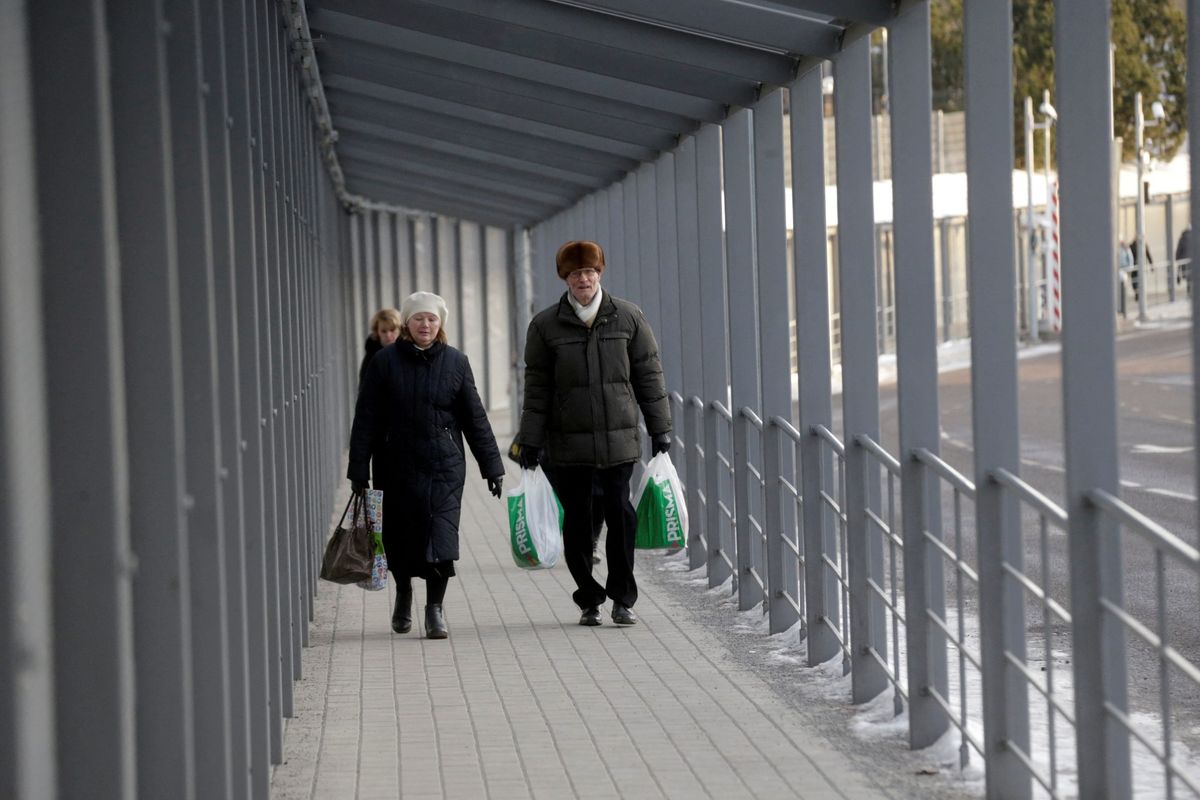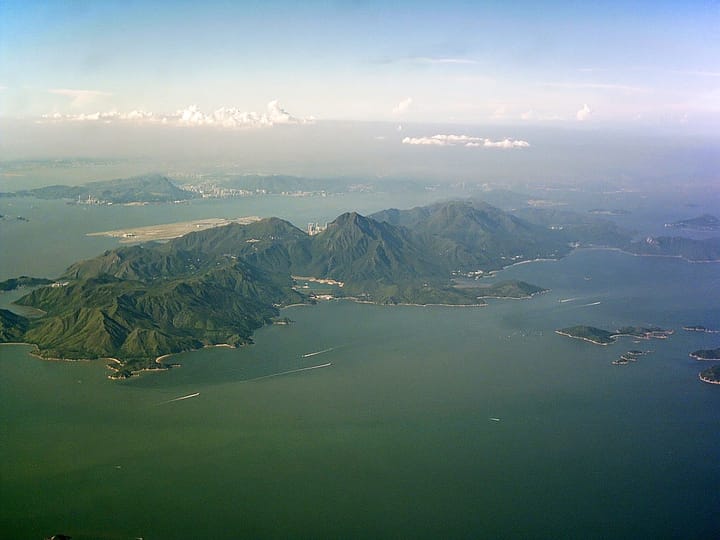Will the EU institute a travel ban on Russian citizens?

A few minutes every morning is all you need.
Stay up to date on the world's Headlines and Human Stories. It's fun, it's factual, it's fluff-free.
Since Russia invaded Ukraine in February, Europe has kept a largely united front in its response. Supporting Ukraine’s independence, the EU has imposed economic sanctions on Russia as a bloc and made strides to reduce its reliance on Russian energy. When the war is over, though, European countries may want to reestablish some lines of communication with Russia. So, how far, exactly, will Europe go to support Ukraine right now?
There’s been recent debate over the idea of limiting or banning EU travel visas for Russians after Ukrainian President Volodymyr Zelenskiy requested the West make the move. So far, Finland has said it will cap the daily visas available to Russians from 1,000 to 500 beginning September 1, with only 100 available to tourists. The Czech Republic, Poland, Latvia and Estonia all support a total visa ban preventing Russians from entering the bloc. They hope that if ordinary Russians feel the consequences of the war, they may pressure their government to back off Ukraine. On the other hand, Greece, Cyprus and Germany oppose a total ban, saying that many Russians don’t support the war and may be fleeing the country. German Chancellor Olaf Scholz has been outspoken against the ban, saying that Putin should be blamed for the war, not ordinary Russian citizens. The US has also rejected calls for a ban in the country, saying it wouldn’t want to “close off pathways to refuge and safety for Russia’s dissidents or others who are vulnerable to human rights abuses." EU foreign ministers are set to discuss this issue in Prague next week.
Key comments:
“There must be guarantees that Russian killers or accomplices of state terror do not use Schengen visas," said Ukrainian President Volodymyr Zelenskiy, noting that there are humanitarian avenues for Russians fleeing the country, such as refugee and asylum seeker visa applications.
“The irrationality of his thinking in this case is off the scale," said Kremlin spokesperson Dmitry Peskov in a conference call with reporters. “This can only be seen extremely negatively. Any attempt to isolate Russia or Russians is a process that has no prospects," adding that Europe will eventually “start wondering whether Zelenskiy is doing everything right, and whether its citizens should pay for his whims."
“It is important to us to understand that there are a lot of people fleeing from Russia, because they are disagreeing with the Russian regime," German Chancellor Olaf Scholz said.
“It’s a sad state of affairs, but the price of war has to be felt by Russian citizens … The only way in which the hearts and the minds of the Russian people can be changed is for them to understand what Putin is doing is a blatant violation of international law. That means a total visa ban on Russians," said Alexander Stubb, a former Finnish Prime Minister and foreign minister who used to advocate for visa liberalization with Russia.
“More than 300,000 Russians have [fled] their country because they don’t want to live under the rule of Putin. Are we going to close the door to these Russians? I don’t think it’s a good idea," said EU foreign policy chief Josep Borrell on Monday.




Comments ()